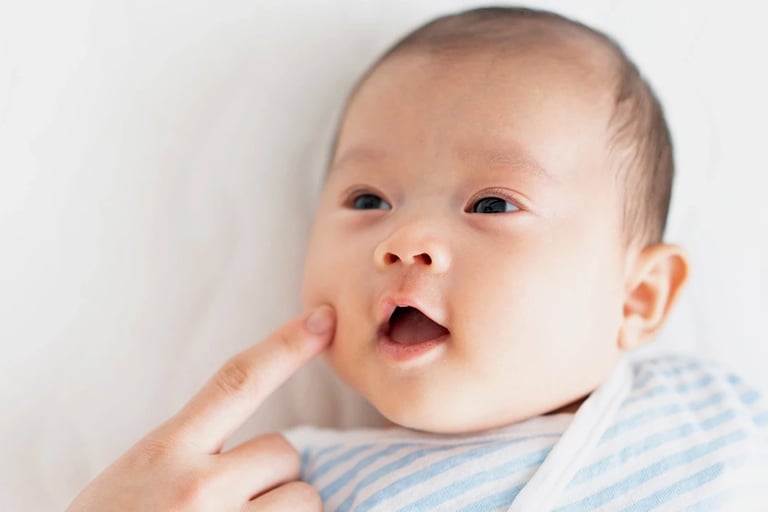Primitive Reflexes
Primitive reflexes are automatic movements that babies are born with to help them survive and grow during early development. For example, when you touch a baby’s cheek, they turn their head to look for a nipple — this is called the rooting reflex. These reflexes are normal in infants and usually fade away as a child’s brain matures, usually by the time they are about one year old. However, in some children, these reflexes don’t disappear when they should. This can affect how a child moves, learns, or behaves. For example, a retained reflex might make it hard for a child to sit still, concentrate, or write neatly. Understanding primitive reflexes can help parents recognise why their child may be struggling with certain tasks and explore ways to support them. If your child has learning, coordination, or behavioural challenges, checking for retained reflexes may be a helpful step in finding the right support.


Support
Helping children with developmental delays and challenges.
Contact :
Alison@neuro-connect.co.uk
Mobile 07792860740
© 2025. All rights reserved.
